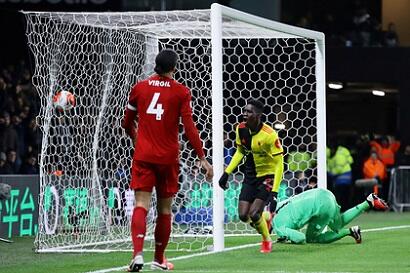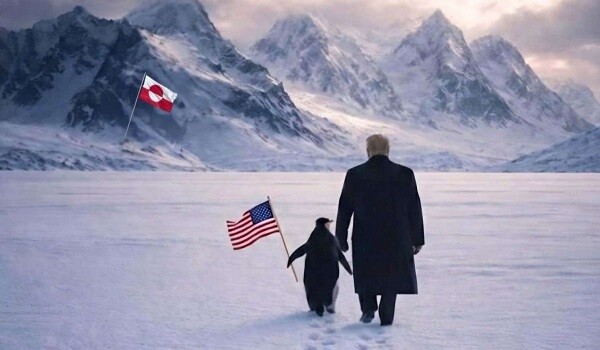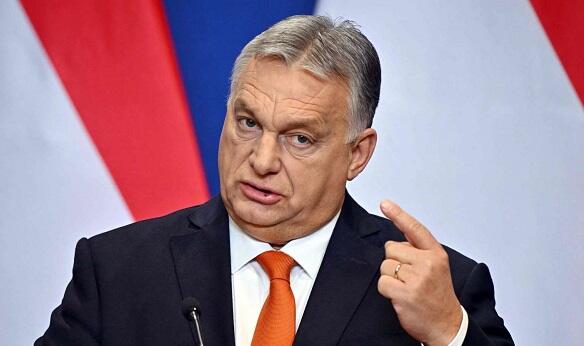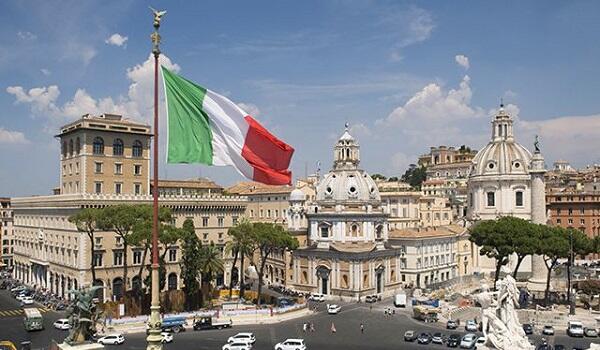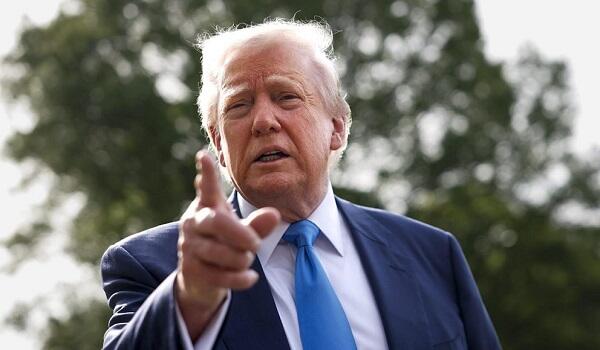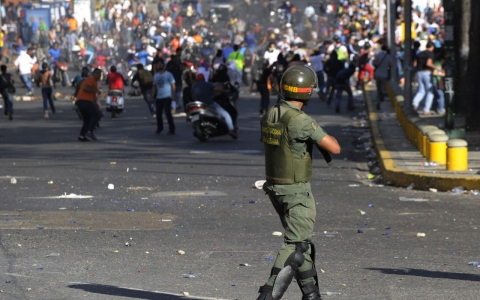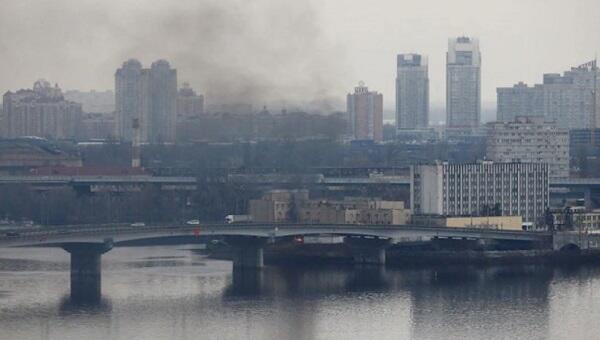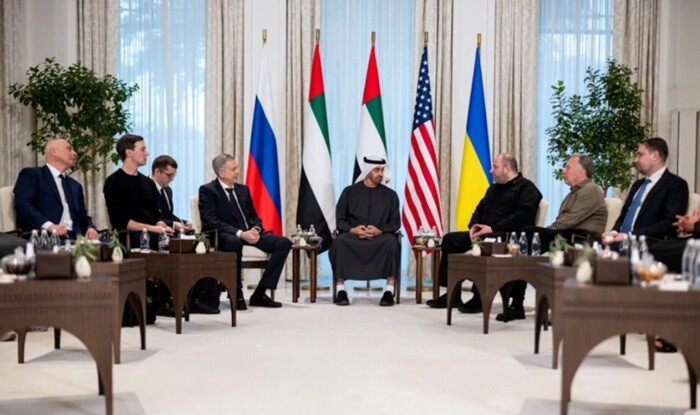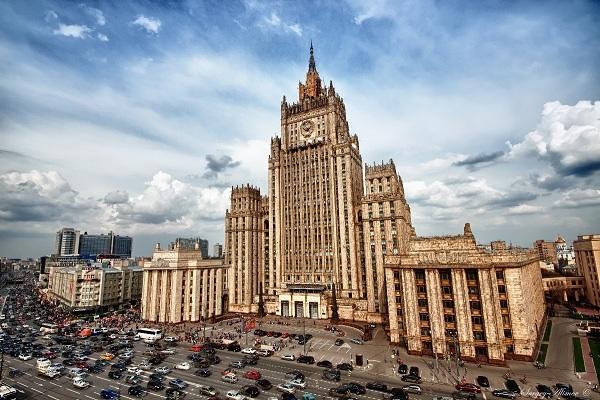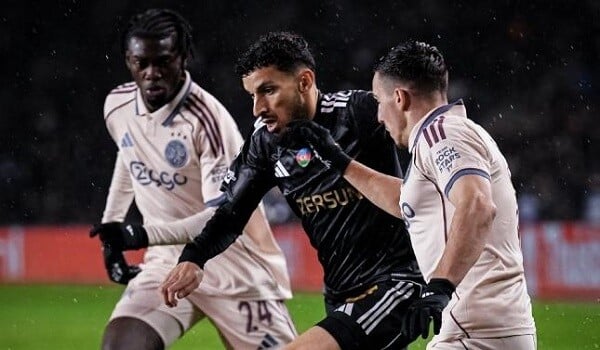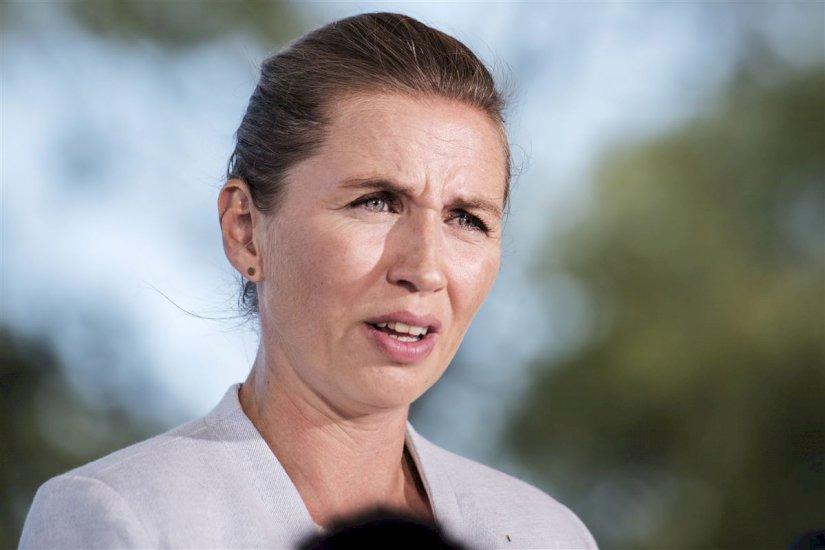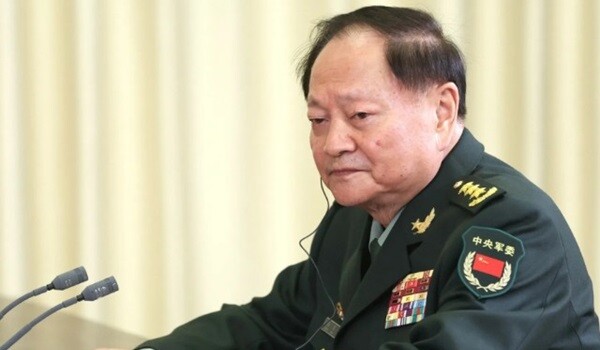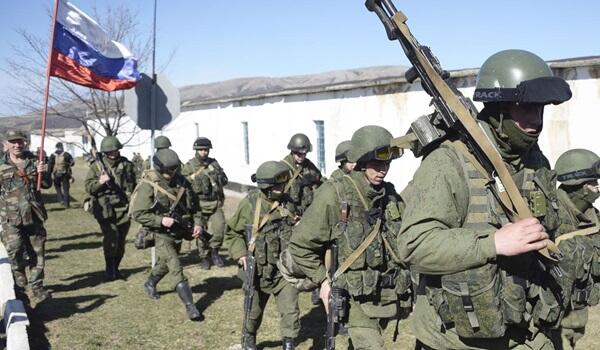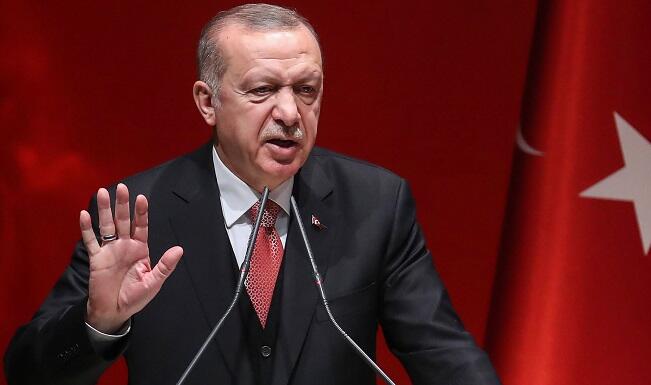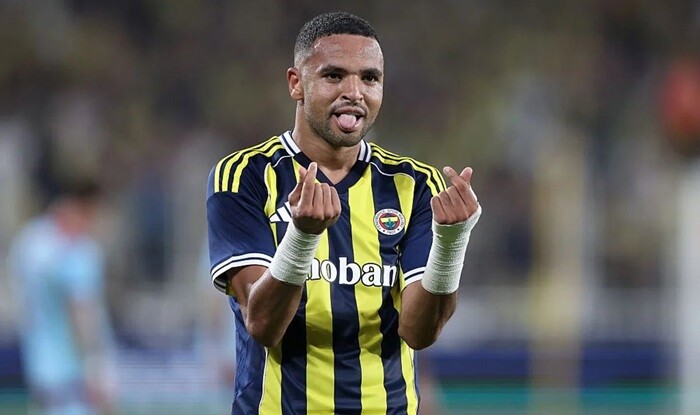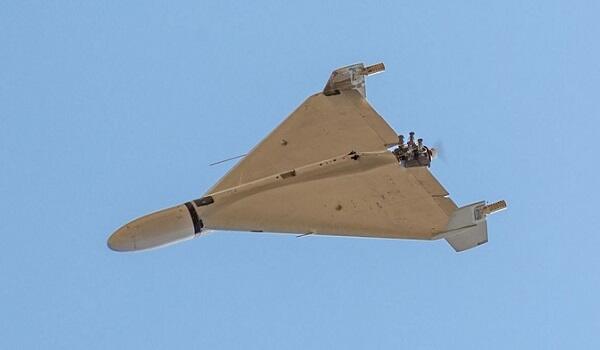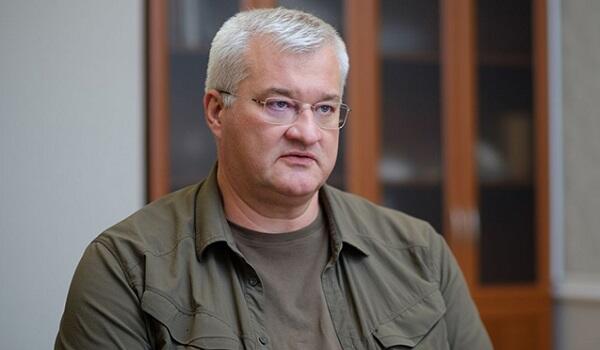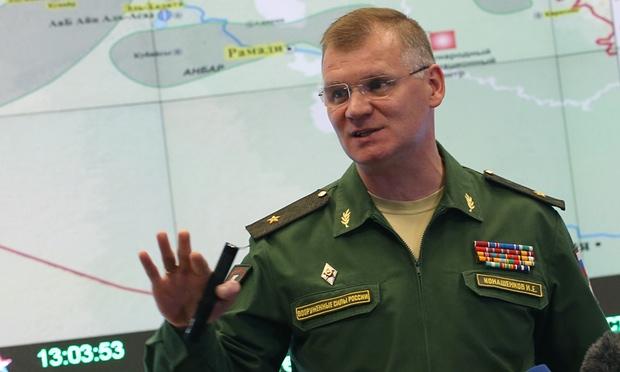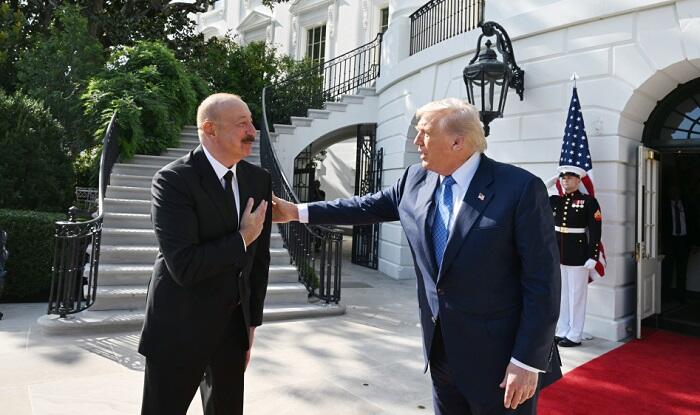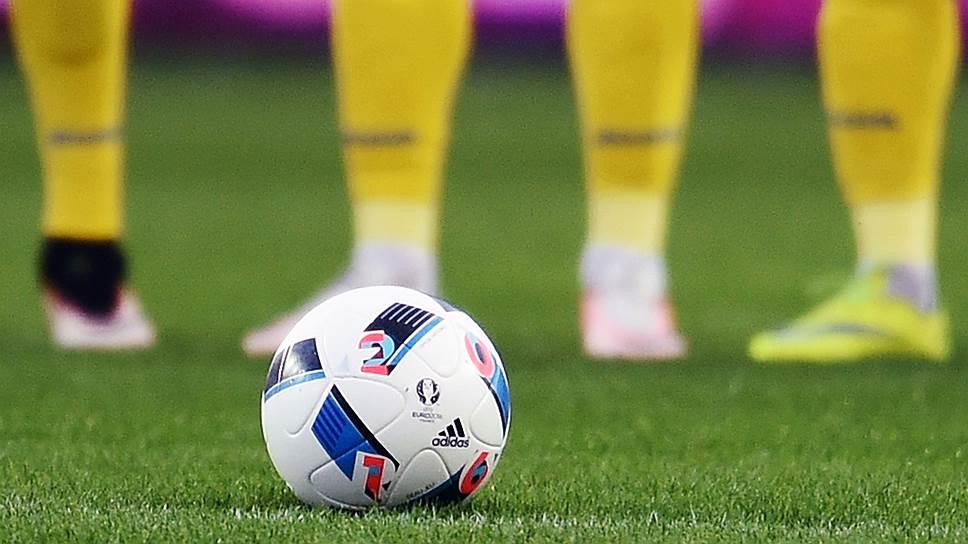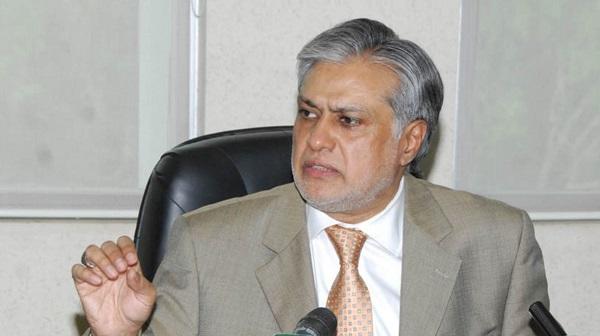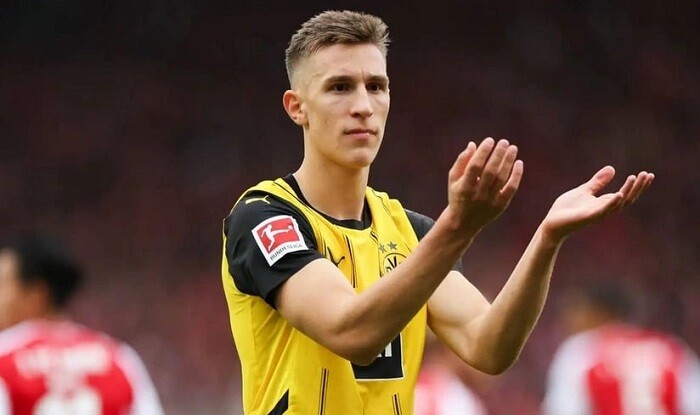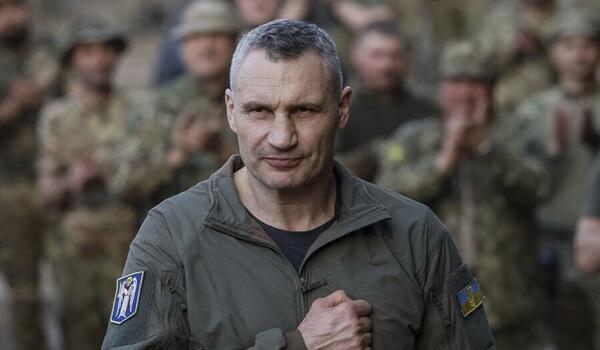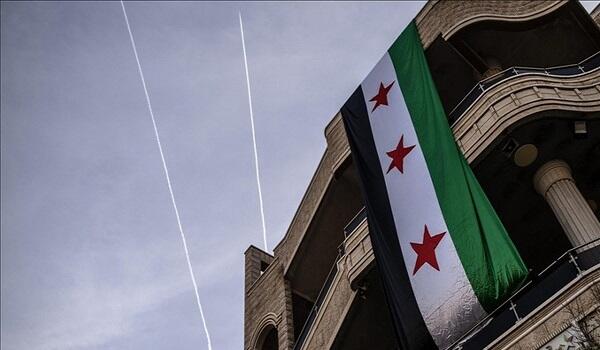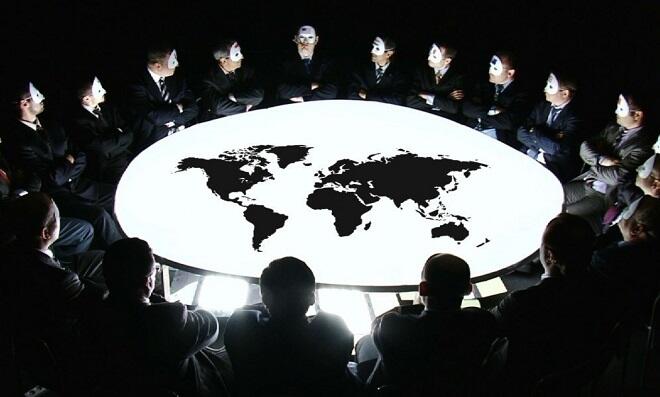Axar.az presents the interview with Irish political expert, analyst and historian Patrick Walsh on the possible New World Order after the Russia-Ukraine war:
- As we know, with the raging in Ukraine, the New World Order will be changing soon. This war is considered "The redistribution of the World". How do you think the security map and the New World Order will change after the conflict?
- The collapse of the Soviet Union resulted in a single hegemon left in the world - the United States. At this point, China was still developing economically, mainly through being given privileged access to the US market as a counter-weight to Russia during the Cold War. Two things have changed in the past 3 decades: Russia, which was in chaos under Yeltsin has resurrected itself under Putin and secondly, China has become a world power. This is the situation which has confronted the US and in my opinion, it has set out to curb Russian development, which was seen as being linked to the revenue it received from the European energy market. After curbing Russian development the plan is to deal with China. Any reading of the influential Foreign Affairs periodical reveals this is the intention of the US. Ukraine was chosen as the battleground on which to fight the geopolitical war. The West chose it because it had a large population and a large, battle-hardened army capable of draining Russian power. Russia chose it because the fall of Ukraine to the West would represent a serious security threat to it. Just prior to the war Russia and China concluded an agreement which suggested both were interested in confronting US and Western expansion toward Eurasia. The battle lines were drawn and battle commenced in Ukraine and economically on the world market.
- What are your personal expert opinions on the political and military consequences and results of the war?
- The Western intention was to produce an overthrow the Putin government and a replacement of it with a pro-Western leadership in Moscow, or alternatively to return Russia to the chaos of the Yeltsin period. It believed economic sanctions, a seizing of Russian reserves and the wearing of the Russian army down in a war of attrition in Ukraine would achieve this. This plan seemed to be going well for the West in the first week of the war. The economic war on Russia was unprecedented in its extent and the Ukrainian army held its own, preventing a speedy capture of Kyiv. However, the tide has begun to turn both in the economic war and on the battlefield. The Russians made effective preparations for sanctions and are actually increasing their revenue from energy supplies despite the efforts to embargo their oil and gas. It is Europe that is suffering more than Russia economically and which shows signs of breaking. On the battlefield, the Russians are wearing the Ukrainians down and it looks as though Kyiv will lose around a quarter of its territory as a result of the war. The West will have to escalate the war for the Ukrainians to have a chance of regaining territory and the signs are that President Biden is reluctant to do so. However, if the US does not the Russians will win. I presume that Washington will, therefore, have to construct a narrative which saves face, whilst it limits its commitment to Kyiv. This will be very difficult after the vast financial, military and moral support given to the Ukrainians. So at present things are in the balance.
- Russia's attack on Ukraine again showed the world how aggressive Russia can be towards its neighbours. According to the common notion, the US and the West should have calculated this kind of activity by the Russian side. All the world has witnessed that the West and the US have not prepared a defence mechanism against this. As the other European countries are in a dangerous situation and there are threats from the Russian side, what kind of defence and security mechanisms are the US and the EU going to prepare?
- I am sure the US understood the nature of Russia and its probable response to a NATO expansion into Ukraine. Putin has been warning them since his famous Munich speech a decade ago and he demonstrated in the military operation against Georgia in 2008 and Crimea in 2014 what he was capable of when pushed into a corner. The Russians are not capable of occupying all of Ukraine with the small army of less than 200,000 they have employed in the Special Military Operation. Their objective is to destroy the military capabilities of Ukraine and put out a warning to others that what is done to Ukraine can be done to them if they threaten Russia’s security. I doubt very much whether Russia has any intention of attacking other European states. Such a thing would be against the Russian interest and be something which would invite a more substantial military response from Washington. Both Moscow and Washington seem to want to confine the battlefield to Ukraine and the casualties to Ukrainians and Russians. European nations have been frightened, however, by Russian actions in Ukraine and there may be more NATO members in future if Turkey permits it. The US will get a greater contribution to Western defence, which Trump demanded, and the US arms and energy companies will gain greater markets. Europe will become very much a U.S. satellite. On the other side Russia, China and Eurasia are likely to be drawn together in response. That is what the new geopolitical map of the world will look like.
